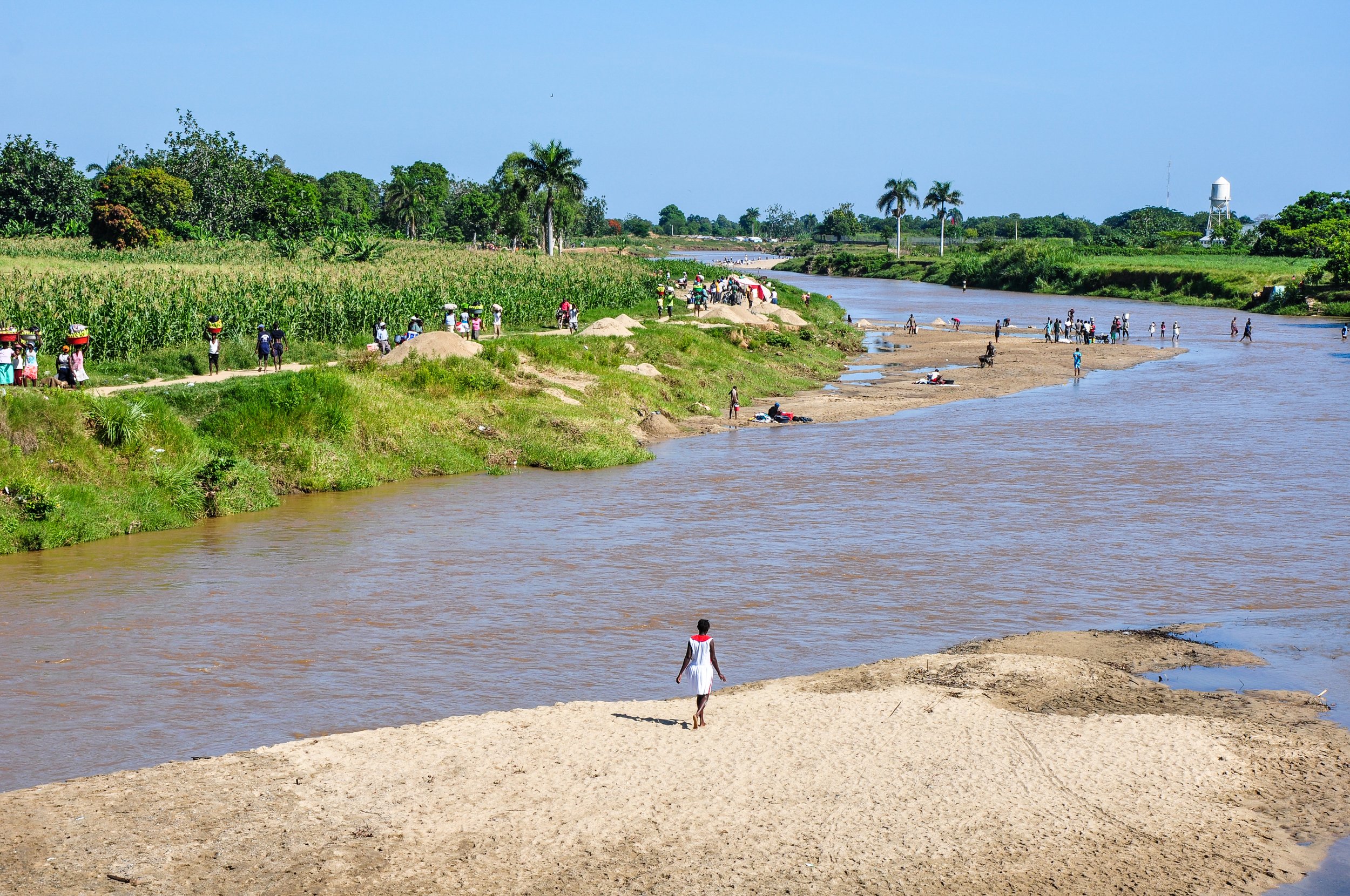
DECENTRALIZATION
Strengthen national unity by eliminating all discrimination between the urban and rural populations, by accepting the community of languages and culture and by recognizing the right to progress, information, education, health, employment and leisure for all citizens. Ensure the separation and the harmonious distribution of the powers of the State at the service of the fundamental interests and priorities of the Nation.
Set up a system of government based on fundamental liberties, and the respect for human rights, social peace, economic equity, concerted action and participation of all the people in major decisions affecting the life of a nation, through effective decentralization.
1987 Constitution article 87-2 to 87-4:
Article 87-2: The interdepartmental Council, in concert with the executive, studies and plans projects for decentralization and development of the country from the social, economic, commercial, agricultural and industrial standpoint.
ARTICLE 87-3: It attends working meetings of the Council of Ministers, when they discuss subjects mentioned in the preceding paragraph and has the right to vote.
ARTICLE 87-4: Decentralization must be accompanied by de-concentration of public services with delegation of power and industrial de-compartmentalization for the benefit of the departments.
Establish a system that is based on fundamental freedoms and respect for human rights and economic equity.
